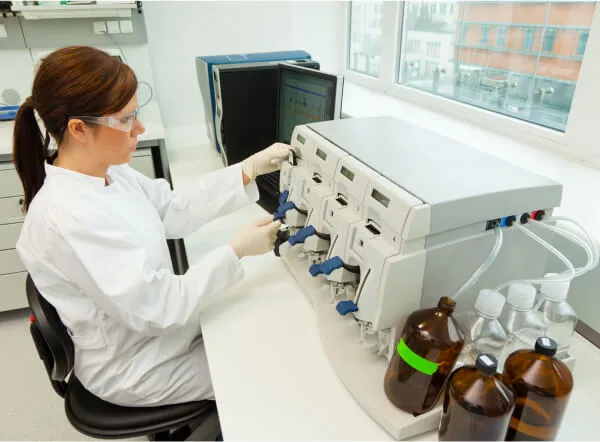Animal Physiology

The field of animal physiology encompasses the study of animal biology, including animal reproduction, disease and nutrition. Learn more about careers in this field, job duties, academic requirements and employment outlook.
<h2 id="section---IsAnimalPhysiologyForMe">Is Animal Physiology for Me?</h2>
<h3 id="section---CareerOverview">Career Overview</h3>
<p>Animal physiology is the study of the body of an animal, whether the focus is its cells, organs, hair or the organism as a whole. Research is conducted into how these parts function and what purposes they serve. Students explore topics like the animal's reproductive system, its growth and the chemical processes that occur within its body. While studying animal physiology, students also gain strong researching skills and the ability to analyze data, design experiments and conduct laboratory tests.
</p>
<h3 id="section---Specializations">Specializations</h3>
<p>Job titles for those working in animal physiology fields include zoologist and veterinarian. Zoologists are biological scientists who research animals, living or dead, in labs or natural environments. You may specialize in ornithology (study of birds), mammalogy, herpetology (study of reptiles and amphibians) or ichthyology (study of fish).
</p>
<p>Some veterinarians evaluate and treat animals with diseases and illnesses or provide preventative care, while others work in research positions. You may conduct regular check-ups and inoculations, set broken bones or perform surgery as a veterinarian. You can choose to work with companion animals, livestock or exotic pets. Informing pet owners and the general public about proper care of animals is another job duty.
</p>
<h3 id="section---EmploymentInformation">Employment Information</h3>
<p>Employment opportunities for zoologists and wildlife biologists were expected to increase 5% from 2012-2022, according to the U.S. Bureau of Labor Statistics (BLS). Opportunities for veterinarians were expected to grow 12% during the same time period. Zoologists and wildlife biologists earned a median annual wage of $57,430 and veterinarians received $86,640, as seen in BLS figures from May of 2013.
</p>
<h2 id="section---HowCanIWorkInAnimalPhysiology">How Can I Work in Animal Physiology?</h2>
<h3 id="section---UndergraduateEducation">Undergraduate Education</h3>
<p>Some schools offer undergraduate courses or emphasis options in animal physiology through a degree program in biology or physiology. Course topics may include hormones and behavior, metabolism, cell neuroscience, biological sex differences and developmental biology. This type of degree can prepare you for graduate work. By completing a teacher training program, you can qualify you for a high school biology teaching position.
</p>
<h3 id="section---GraduateStudies">Graduate Studies</h3>
<p>Degree programs specifically in animal physiology are offered at the master's and doctoral levels. Concentration may be offered in muscle biology, reproductive physiology, ethology (study of behavior), animal growth or nutrition. You might also focus your studies on a specific type of animal. Subjects you may study are vertebrate physiology, molecular biology and animal welfare. Upon graduating, you might fill academic or consulting positions.
</p>
<h4 id="section---ProfessionalVeterinaryTraining">Professional Veterinary Training</h4>
<p>To work as a veterinarian, you must graduate from a Doctor of Veterinary Medicine (D.V.M.) program and attain licensure. Prerequisites for admission typically include a bachelor's degree and completion of biology, chemistry, physics, biochemistry, English, math and social science courses.
</p>
<p>The D.V.M. curriculum typically covers topics like anatomy, histology, immunology, anesthesiology, animal diseases, epidemiology, animal genetics and surgical procedures. Through clinical rotations, you gain direct experience treating animals, discussing conditions with their owners and using equipment, like stethoscopes and ultrasound machines.</p>


.svg)